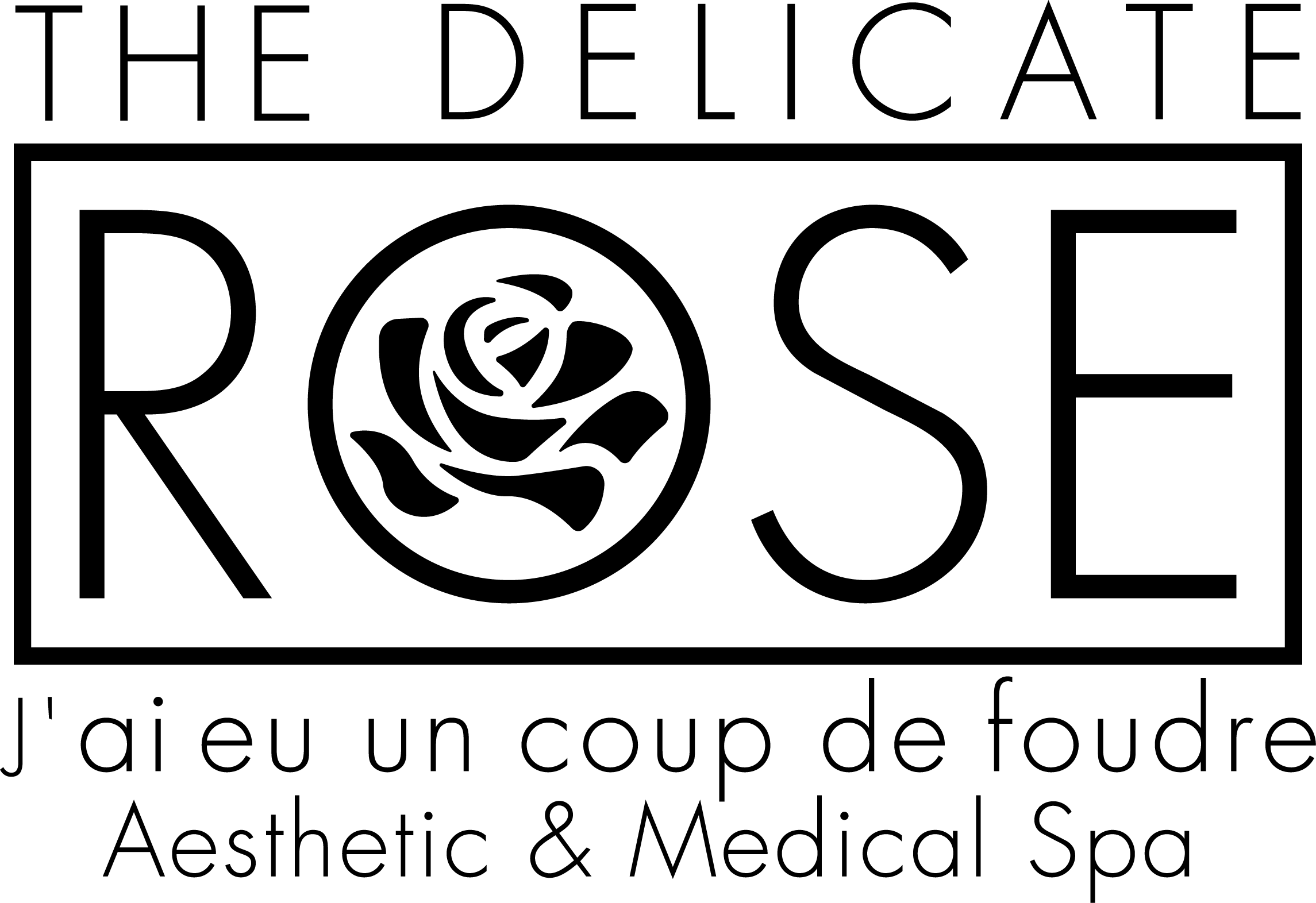All You Need to Know About Medical Weight Loss
Weight loss is a journey that many embark on for various reasons, from improving health to boosting self-esteem. While traditional methods like diet and exercise work for some, others may need more than these approaches. This is where medical weight loss comes into play—a supervised program that offers a comprehensive, tailored approach to shedding pounds. Let’s dive into what medical weight loss entails, its benefits, and what you can expect from such a program.
What is Medical Weight Loss?
Medical weight loss refers to a weight management program supervised by healthcare professionals, including doctors, dietitians, and sometimes psychologists. These programs are designed to cater to patients’ individual needs, offering a personalized plan that considers their medical history, current health status, and weight loss goals.
Key Components of Medical Weight Loss Programs
- Comprehensive Medical Evaluation: Before starting, patients undergo a thorough medical evaluation to assess their health. This includes blood tests, EKGs, and a review of medical history to identify any underlying conditions that might affect weight loss.
- Personalized Diet Plans: Based on the initial assessment, dietitians create customized meal plans that align with the patient’s nutritional needs and weight loss goals. These plans are often more sustainable and effective than generic diets.
- Exercise Regimens: Exercise is a crucial part of any weight loss program. Medical weight loss programs offer tailored exercise plans considering the patient’s physical capabilities and preferences, ensuring a safe and effective workout routine.
- Behavioral Therapy: Weight loss is not just about the physical aspect but also about addressing behavioral and psychological factors. Counseling and therapy sessions help patients develop healthier eating habits and coping mechanisms for stress and emotional eating.
- Medications and Supplements: In some cases, medications or supplements may be prescribed to aid in weight loss. Medical professionals carefully monitor these to ensure safety and efficacy.
- Ongoing Monitoring and Support: Continuous monitoring and regular check-ins with the healthcare team help track progress and adjust the plan as needed. Support groups and counseling are often part of the program, providing a community for motivation and accountability.
Benefits of Medical Weight Loss
- Personalized Approach: Unlike generic diet and exercise plans, medical weight loss programs are tailored to individuals, making them more effective and sustainable.
- Medical Supervision: With healthcare professionals overseeing the program, patients receive safe and evidence-based guidance, minimizing risks associated with weight loss.
- Addressing Underlying Health Issues: These programs often uncover and address underlying health conditions that might hinder weight loss, such as hormonal imbalances or metabolic disorders.
- Holistic Care: Medical weight loss programs offer a holistic approach to health and well-being by incorporating dietary changes, exercise, behavioral therapy, and medical interventions.
- Long-term Success: Medical weight loss programs provide support and education that equip patients with the knowledge and tools needed for long-term success and maintaining a healthy weight.
Who Can Benefit from Medical Weight Loss?
Medical weight loss programs are ideal for individuals who:
- Have struggled to lose weight through conventional methods.
- Have a significant amount of weight to lose.
- Suffer from obesity-related health conditions such as diabetes, hypertension, or sleep apnea.
- Need a structured and supervised approach due to medical concerns.
What to Expect During the Program
- Initial Consultation: The journey begins with an in-depth consultation to understand your health background, lifestyle, and weight loss goals.
- Developing a Plan: Based on the initial assessment, a customized weight loss plan, including diet, exercise, and possibly medications, is developed.
- Implementation and Monitoring: As you start the program, regular check-ins and monitoring ensure you stay on track and allow adjustments as needed.
- Ongoing Support: Throughout the program, you’ll receive continuous support from healthcare professionals, access to resources like support groups, and counseling to help you overcome challenges.
Conclusion
At The Delicate Rose Med Spa, our Medical weight loss programs offer a comprehensive, personalized approach to losing weight, making them an excellent option for those struggling with traditional methods. With the guidance of healthcare professionals, these programs address the physical aspects of weight loss and the psychological and behavioral components, ensuring a holistic path to a healthier life. If you’re considering a medical weight loss program, consult your healthcare provider to determine if it fits you.
Tagged weight loss, wellness
